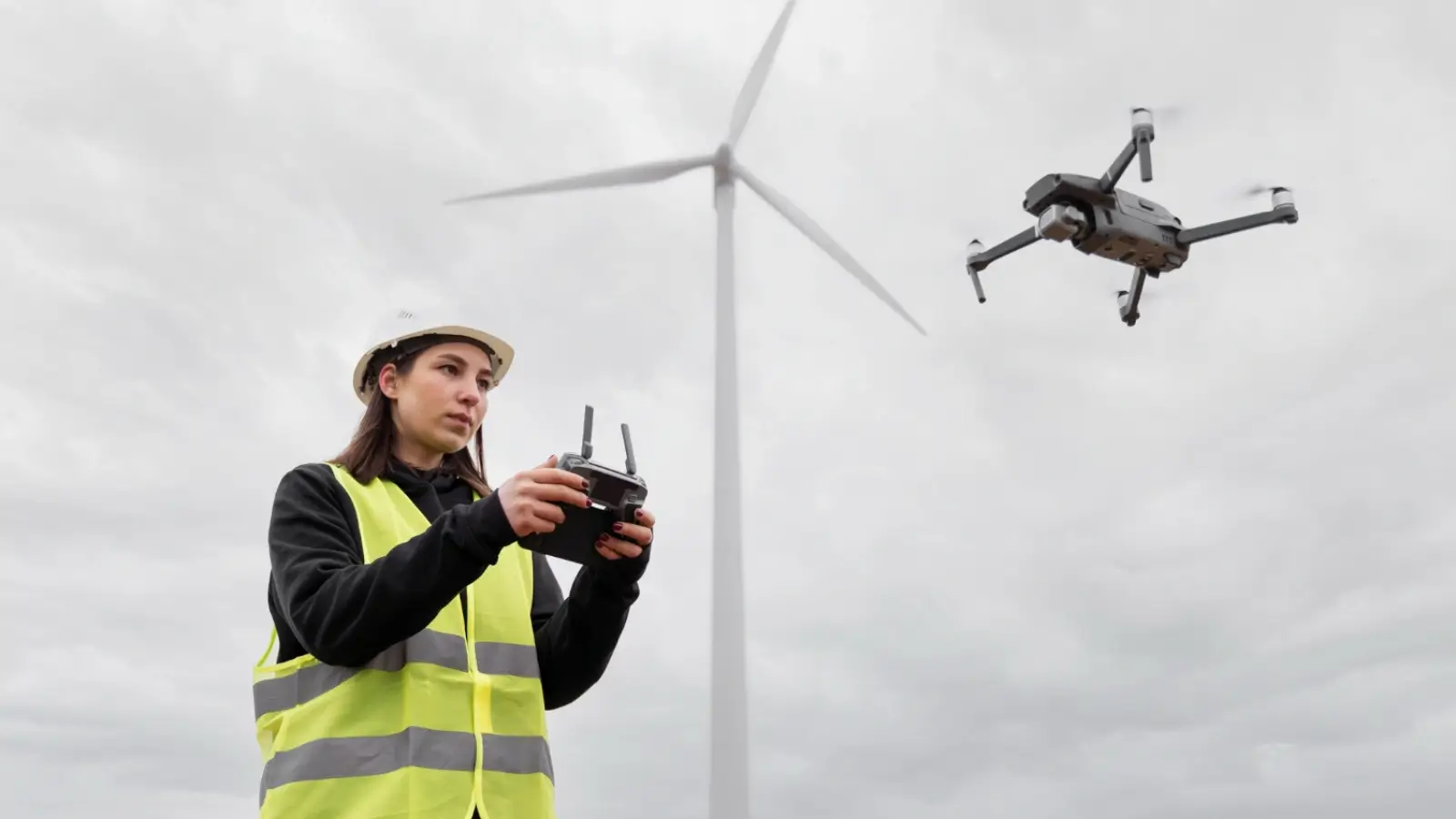


The energy sector is rapidly evolving, and logistics play a vital role in keeping pace with the demands of the modern world. Innovations in energy logistics are critical to ensuring that energy resources are transported efficiently, sustainably, and safely. As we look at the developments within this domain, the focus traditionally lies on how these innovations contribute to the optimisation of supply chains and the reduction of environmental impact, while enhancing the overall reliability of energy delivery.
One of the cornerstones of energy logistics is the optimisation of the supply chain. The application of advanced analytical tools and the integration of information technology have revolutionised the way energy products are tracked, managed, and delivered. These technological advancements have led to better forecasting, route optimisation, inventory management, and more robust delivery systems.
For instance, the use of predictive analytics allows a fuel distribution company to anticipate demand patterns and plan for future supply needs. By analysing historical data and market trends, companies can adjust their logistics strategies to prevent shortages or overstock – ensuring continuous and balanced supply to meet consumer demands.
The integration of technologies such as the Internet of Things (IoT), artificial intelligence (AI), and machine learning into energy logistics has led to a greater level of automation. Automated tracking systems provide real-time data on the movement of goods, predicting possible bottlenecks and suggesting the most efficient routes for transportation.
Moreover, the use of drones and autonomous vehicles for inspection and monitoring of energy infrastructure is a leap forward. These technologies not only reduce the human labour required but also significantly lower the risk of errors, leading to safer and more cost-efficient logistics operations.
Environmental concerns have pushed energy logistics toward greener solutions. The shift from traditional fuels to renewable energy sources has influenced the transport and storage of energy. Logistics companies now favour vehicles with lower emissions and investigate alternative fuels like biofuels and electric power to reduce their carbon footprint.
In addition, energy logistics now incorporates the concept of circular economy by repurposing containers and using eco-friendly packaging materials. These small changes, when amplified across the sector, contribute significantly to reducing waste and protecting the environment.
With the pressure to deliver uninterrupted energy service, there emerges the heightened importance of reliability in energy logistics. Advanced monitoring systems facilitate the early detection of potential system failures, thereby enabling preventive maintenance and averting costly downtime.
In addition, smart grids and energy storage solutions are becoming more prevalent. These not only ensure a more reliable supply of energy but also enable logistics companies to manage their resources more effectively, accommodating the fluctuations in energy production and consumption.
While the path toward innovation is clear, the journey is fraught with challenges. Regulatory hurdles, technological adaptability, and infrastructure development are all areas that require attention. The need for consistent and secure cyber framework is also critical, as energy logistics becomes more dependent on digital technologies.
Despite these challenges, the future of energy logistics looks promising. The focus on sustainability, efficiency, and reliability is driving companies to innovate continuously. As these solutions become more fine-tuned and widespread, we can expect a more resilient and environmentally friendly energy infrastructure.
In conclusion, the evolution of energy logistics is central to our progress as a society. A fuel distribution company that adopts innovative approaches can expect to stay ahead in this competitive market. As businesses and consumers alike become more conscious of their carbon footprints and demand more efficiency in energy delivery, the industry-wide adoption of these innovative practices becomes not just preferable, but essential.
As the sector continues to change, staying informed about the latest developments in energy logistics will be key for companies wishing to fuel progress and lead the way towards a more sustainable and efficient future. Through the adoption of cutting-edge technology and sustainable practices, energy logistics can contribute significantly to the ongoing transformation of the energy sector, paving the way for a brighter and more secure tomorrow.